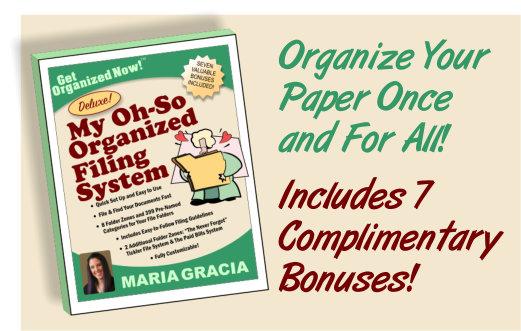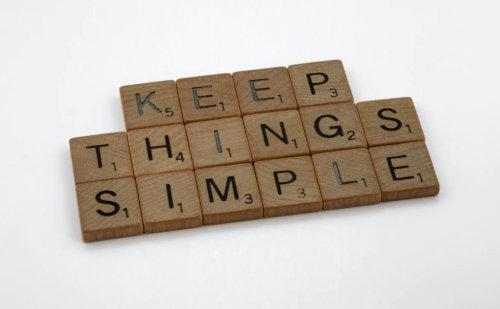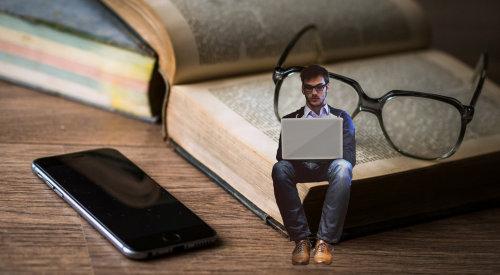Staying organized is essential for maintaining a sense of control and achieving our goals. While many organizational strategies focus on visual and auditory cues,
incorporating all of your senses can significantly enhance your organizational skills.
1. Sight: Visual Organization
Embrace the power of visuals to enhance your organizational skills. Create color-coded calendars, use charts and graphs,
and organize your physical and digital spaces for easy navigation. For example, use different colors for work, personal, and social commitments on your calendar to quickly identify and prioritize tasks.
2. Hearing: Auditory Cues
Utilize
auditory cues to keep yourself on track. Set alarms, use timers, or listen to background music that complements your tasks. An example would be setting a timer for focused work intervals, followed by short breaks. The audible cue will help you stay disciplined and maintain productivity.
3. Touch: Tactile
Organization
Engage your sense of touch to create a tangible connection with your tasks. Use physical planners, sticky notes, or tactile objects to represent different aspects of your schedule. An example is maintaining a TO DO list on a notepad, physically crossing off completed tasks, providing a satisfying tactile experience.
4. Smell: Aromatherapy for Focus
Integrate pleasant scents into your workspace to enhance concentration. Aromatherapy can positively impact mood and productivity. For instance, use invigorating scents like peppermint or citrus during work hours to promote focus and alertness.
5. Taste: Rituals for Productivity
Create rituals associated with taste to signal the start or end of specific tasks. For example, having a cup of herbal tea before beginning work or enjoying a piece of dark chocolate after completing a challenging project can
create a sensory association that enhances your organizational routine.
6. Proprioception: Body Awareness
Develop awareness of your body's position and movement in space. Maintain good posture, take short walks, and practice mindfulness
exercises to stay connected with your physical self. This promotes overall well-being and can positively impact your organizational skills.
7. Equilibrioception: Balance and Stability
Recognize the importance of balance in your daily
routine. Allocate time for work, leisure, and self-care to maintain equilibrium. Just as a tightrope walker needs balance, a well-organized life requires a harmonious distribution of time and energy.
By engaging all of your senses, you can create a holistic and effective approach to organization. Experiment with these multisensory
strategies to discover what works best for you. Embrace the power of your senses, and take control of your journey toward a more organized and fulfilling life.
P.S. Hoping to be more productive in your life? Getting your papers in order is a good way to begin to
boost your productivity. My Oh-So-Organized Filing System can help! 











